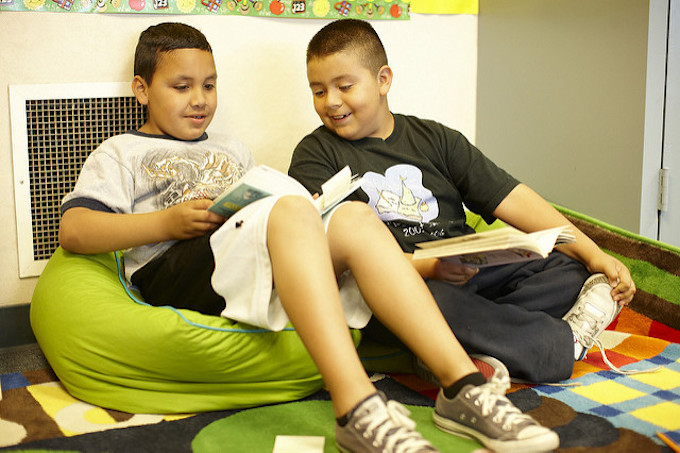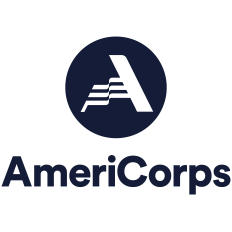July 24, 2017
Active learning beats the summer slide

School is out and summer is in full swing, but that doesn’t mean learning opportunities for kids are on summer vacation, too. Summer slide is a significant issue, with some children losing up to two months of literacy skills during their summer break. Keeping children engaged in reading through active learning keeps them on track for academic growth and decreases the chances of summer slide.
Here are some helpful tips to keep children’s minds sharp during the summer.
1. Incorporate reading and writing into everyday activities.
Kids can practice reading almost anywhere. Provide opportunities for kids to practice their literacy skills: They can read the instructions to a game, help write a daily to-do list, or read the menu at a restaurant. These are all simple ways children can strengthen their literacy through simple tasks.
2. Create a calendar with fun learning activities and events in your community.
Summer is a great time for children to engage in active learning experiences. Check your local community centers, public libraries, and camps to find play-based educational opportunities. Search the National Summer Learning Association’s website for summer learning events that are happening in your area.
3. Start a journal.
Encourage children to document their summer by writing about their daily experiences in a journal. Have them read aloud what they wrote as though they are telling you a story. This is a fun way for children to reflect on their summer activities while improving their writing and literacy skills.
4. Take a trip to the library.
A trip to the library is one of the best, and most cost-effective, ways for kids to access to new books. Many libraries host game nights, dance and yoga classes, arts and crafts classes, and much more! Check your local library to stay up-to-date about upcoming activities.











